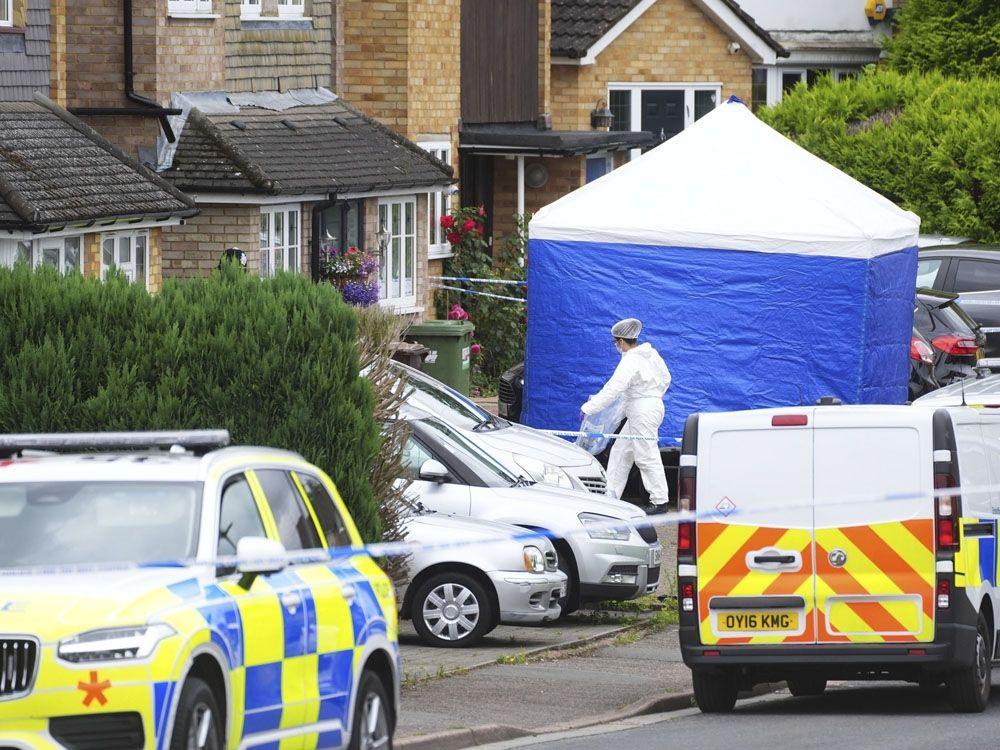Israeli Prime Minister Benjamin Netanyahu has escalated tensions in the ongoing Gaza conflict by demanding control over the Gaza-Egypt border zone, including the strategically important Philadelphia Corridor and Rafah crossing, as a key condition for any ceasefire agreement. This demand is part of Israel’s ‘four principles’ presented in the framework of negotiations aimed at reaching a ceasefire in Gaza and releasing captives.Netanyahu stated, ‘I am committed to the agreement to release our captives, but Hamas’s killers are holding onto demands that contradict it and pose a threat to Israel’. The Israeli Prime Minister emphasized that ‘only pressure on Hamas will bring back the captives’, indicating a continuation of military operations in Gaza.Amid these developments, the Israeli military has publicly acknowledged significant failures in protecting civilians during the October 7 Hamas attack, particularly in the Be’eri kibbutz. An investigation revealed that the military was unprepared for the extensive infiltration, lacked coordination, and failed to adequately warn civilians of the danger. The attack resulted in over 100 deaths and 32 hostages taken to Gaza.Israeli Defense Minister Yoav Gallant has called for a state inquiry into the security failings, which should investigate himself and Prime Minister Netanyahu. This move comes as many residents of affected areas, still displaced, seek answers and assurances of future security.The humanitarian situation in Gaza continues to deteriorate. The Gaza health ministry reports people trapped and killed in their houses, with rescuers unable to reach them. Despite Israeli military orders for all Palestinians to leave Gaza City, the United Nations estimates that around 300,000 Palestinians remain in the north of the territory.Ceasefire negotiations continue in Egypt and Qatar, with both sides accusing each other of stalling or making unreasonable demands. The US is pushing for a peace deal to end the Gaza war, now in its tenth month, but many details still need to be hammered out to secure an agreement.
Key points
- Netanyahu demands control over Gaza-Egypt border zone as a condition for ceasefire.
- Israeli military admits to failures in protecting civilians during the October 7 Hamas attack.
- Ceasefire negotiations continue with both sides accusing each other of making unreasonable demands.
- Humanitarian crisis in Gaza worsens as military operations continue.
Contradictions👾While Netanyahu claims commitment to releasing captives, he also emphasizes continued military pressure on Hamas, potentially complicating ceasefire negotiations.


